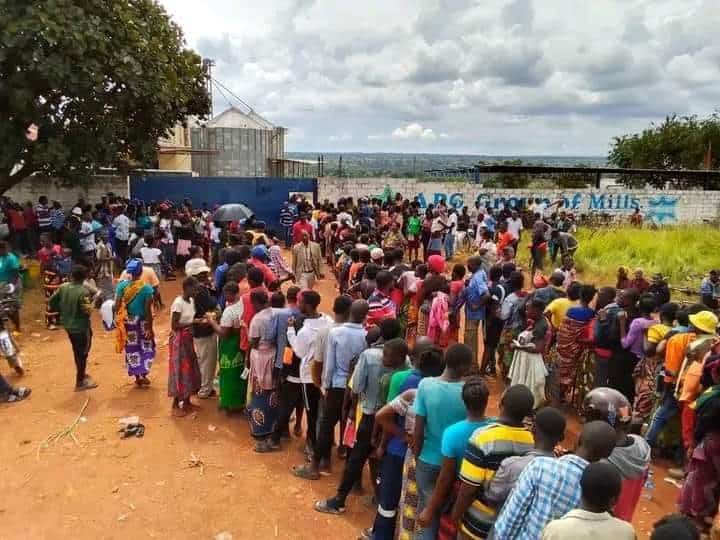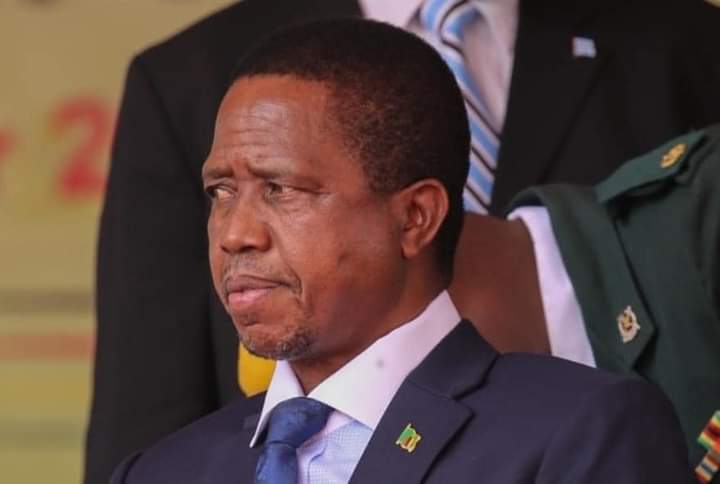
…lesson to learn and implement.
By Hon. Ponde C. Mecha.
Maize is not just a strategic crop due to its designated status of staple food, it’s also a commercial and political crop.
Consequently, it’s a crop of great interest to various stakeholders including ordinary citizens, farmers, traders, millers/processors, importers, exporters and politicians.
What does Zambia need to do going forward?
1. Stop the blame game immediately and get back to the drawing board. I already wrote an article on the need for the agriculture sector to hold an inclusive indaba to brain-storm and develop pragmatic approaches for streamlining the sector by leveraging the value chain approach.
2. Develop an awareness strategy to communicate the dangers of smuggling of mealie meal in the midst of an impending mealie meal supply crisis. This should also include creation of awareness on measures put in place by the government to mitigate the situation. This will help greatly in reducing panic buying of mealie meal and the consequences thereof.
3. Clarify the policy on maize imports and exports in order to reduce anxiety among consumers.
4. Develop strategies for streamlining grain monitoring system in the country.
5. Develop strategies for localizing and incentivising establishment of grain business hubs. We already have solar milling plants dotted all over the country which are slowly degenerating into white elephants.
We also pride in the increased CDF empowerment fund that can easily be leveraged to cater for financing business initiatives on drying, grading and storage solutions to support solar milling plants.
We can also create room for accessing trade finance from CDF by cooperatives that are running solar milling plants so that they increase the milling plants facility throughput.
6. Position cooperatives as primary aggregators of maize and mealie meal for export and use their storage facilities for actualizing localized warehouse receipt system.
This will help the country to benefit from the warehouse receipt system leveraging the receipt which can serve both as the trade and finance instrument for alleviating farmers’ cash flow problems in their grain production and marketing undertakings.
7. Develop measures and incentives to reduce overdependency of millers on subsidized supply of raw materials from the national strategic food reserve under FRA. This is a huge drain on the national treasury. This should not only apply to the private sector but also to ZNS milling plants.
8. Speedily actualize the farm block agricultural development model by expediting land allocation to deserving participants and servicing the land. We can leverage this development model by allocating some pieces of land to interested cooperating partners such as the government of Kenya instead of running a parallel land allocation system under unknown land management/administration mechanisms.
9. Actualize positioning of Zambia as the grain hub for maize distribution in the region and beyond.
Together, we can make it! Let’s all foster a win-win situation for all STAKEHOLDERS in the grain value chain by putting our brains and efforts together, anchored on our constitutionally provided value of patriotism to our country.
One Zambia One Nation!
Editor’s Comments: We urge our followers to adopt the direction of Hon. Ponde C. Mecha of providing workable solutions when debating the various social economic development challenges that we are faced with.
Remember to follow us for well researched articles, political analyses and commentaries.
About The Author: Hon. Ponde Chunga Mecha is the immediate past MP for Chifunabuli Constituency. He has worked and executed various development programmes in the agriculture sector under various funding sources including GRZ, World Bank, NORAD, FINNIDA, FAO, Melinda and Bill Gates Foundation, USAID and the EU.
©2022 Woodpecker’s Digest Inc.
Putting news into perspective








